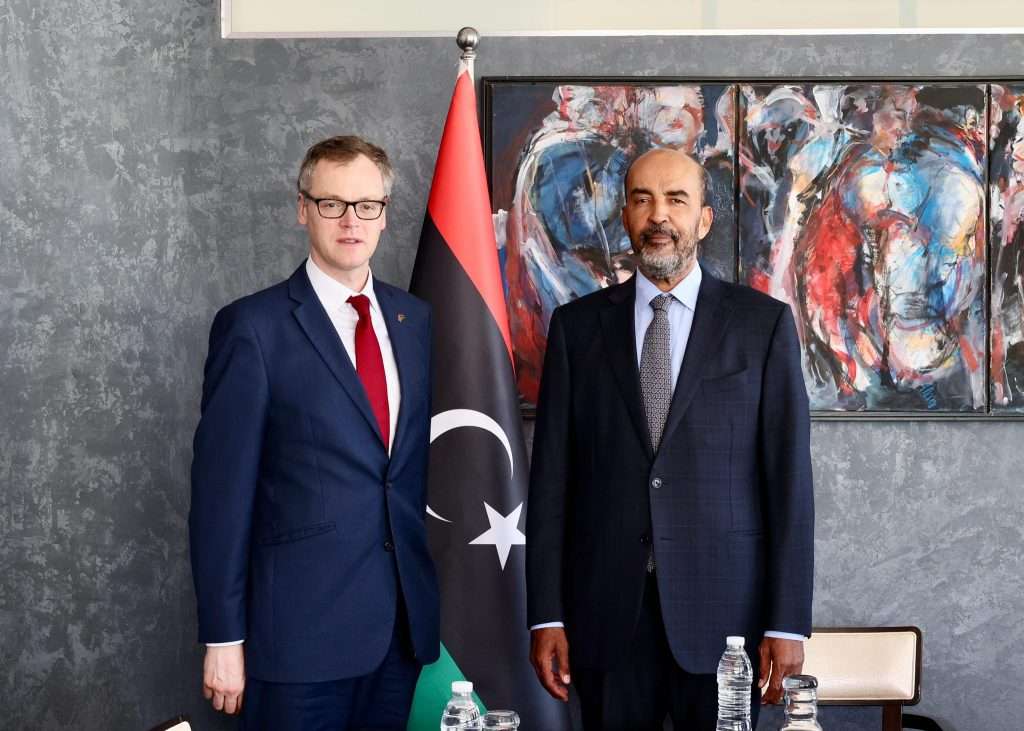The UK’s $1 million migrant deal with Libya

The UK has pledged to give Libya $1.2 million to counter African immigration to Europe, according to The National.
Libya’s funding was promised after the British Minister for Countering Illegal Migration, Michael Tomlinson discussed Europe’s migration crisis with Libya’s prime minister during a two-day visit to Tripoli on the week of 4th March.
Mr Tomlinson conversed with Libyan officials from the International Organisation for Migration and saw the collaboration between the UK’s National Crime Agency and Libya’s law enforcement in halting human trafficking gangs.
Following the EU’s move to pay the migrants away – as seen in the EU-Tunisian “strategic partnership” agreement – the UK hopes that its donation will tackle the root causes of illegal migration by helping the Libyan government prevent journeys to Europe and allowing the voluntary return of migrants to their home countries.
Mr Tomlinson stated, “Tackling the global migration crisis and smashing the evil gangs who drive it are shared challenges that must be met with a shared response.”
READ: UK cops to work with Maghreb countries on illegal migration
“The funding and support we are providing will mean Libya is better equipped to stop people risking their lives to reach Europe.”
However, the recent news coverage of Libya’s treatment of migrants has suggested otherwise.
On 2nd March, the Libyan coastguard opened fire on migrants who were forced to jump into the sea and abandon their boats.
In late January, Libyan authorities deported 350 Egyptian immigrants and a spokesperson for a Tripoli-based anti-immigration body declared that Libya had deported over 23,300 migrants back to their home countries in 2023.
Migrants across North Africa have been subject to appalling conditions, despite EU funding. In Tunisia, refugees face theft, sexual assault, violence, starvation and police brutality.
The Human Rights Watch has criticised the EU’s financial aid to Maghreb countries, suggesting that the money could be enabling the poor treatment and human rights violations of the migrants seeking refuge in Tunisia’s streets.
The National/HRW/Reuters
Want to chase the pulse of North Africa?
Subscribe to receive our FREE weekly PDF magazine














